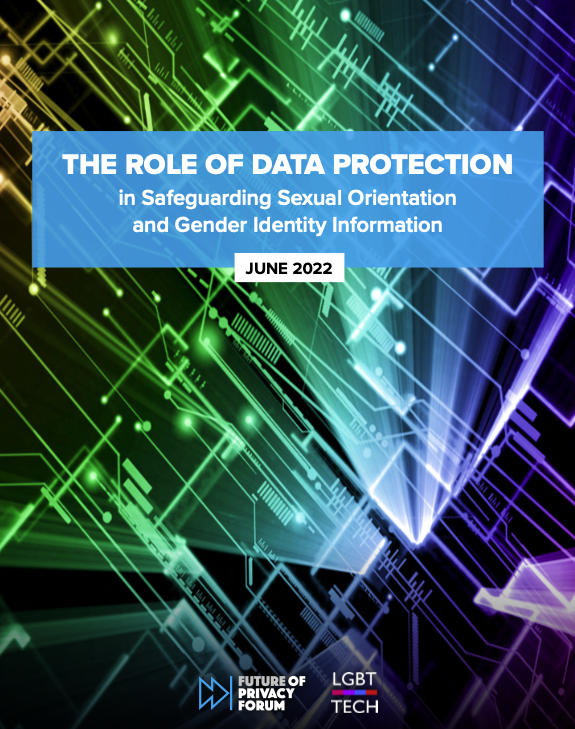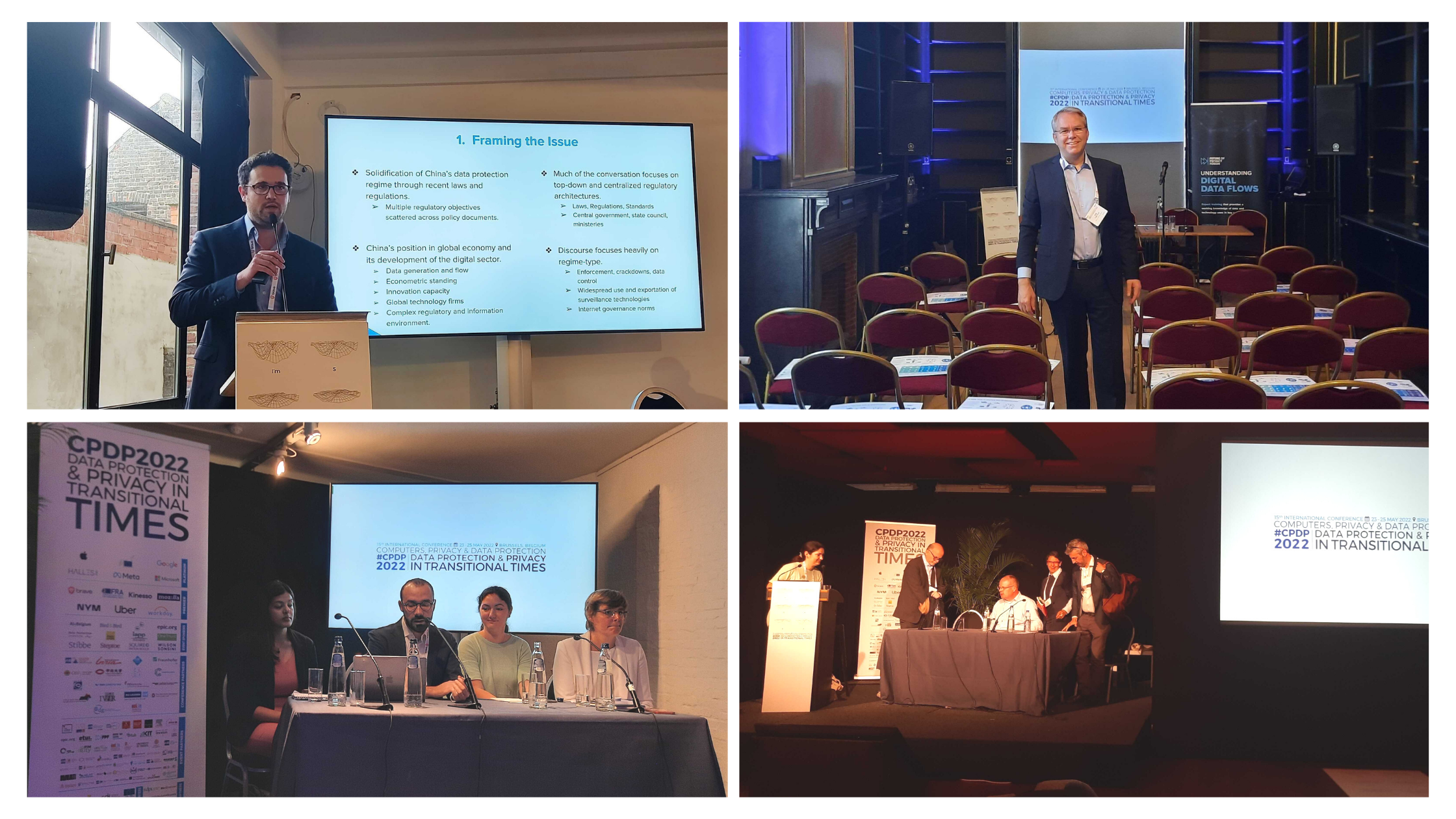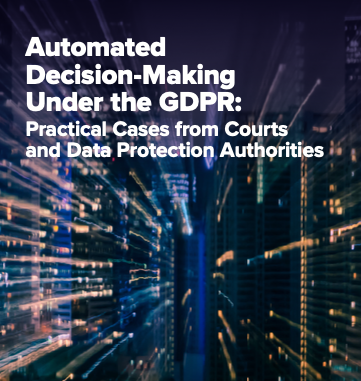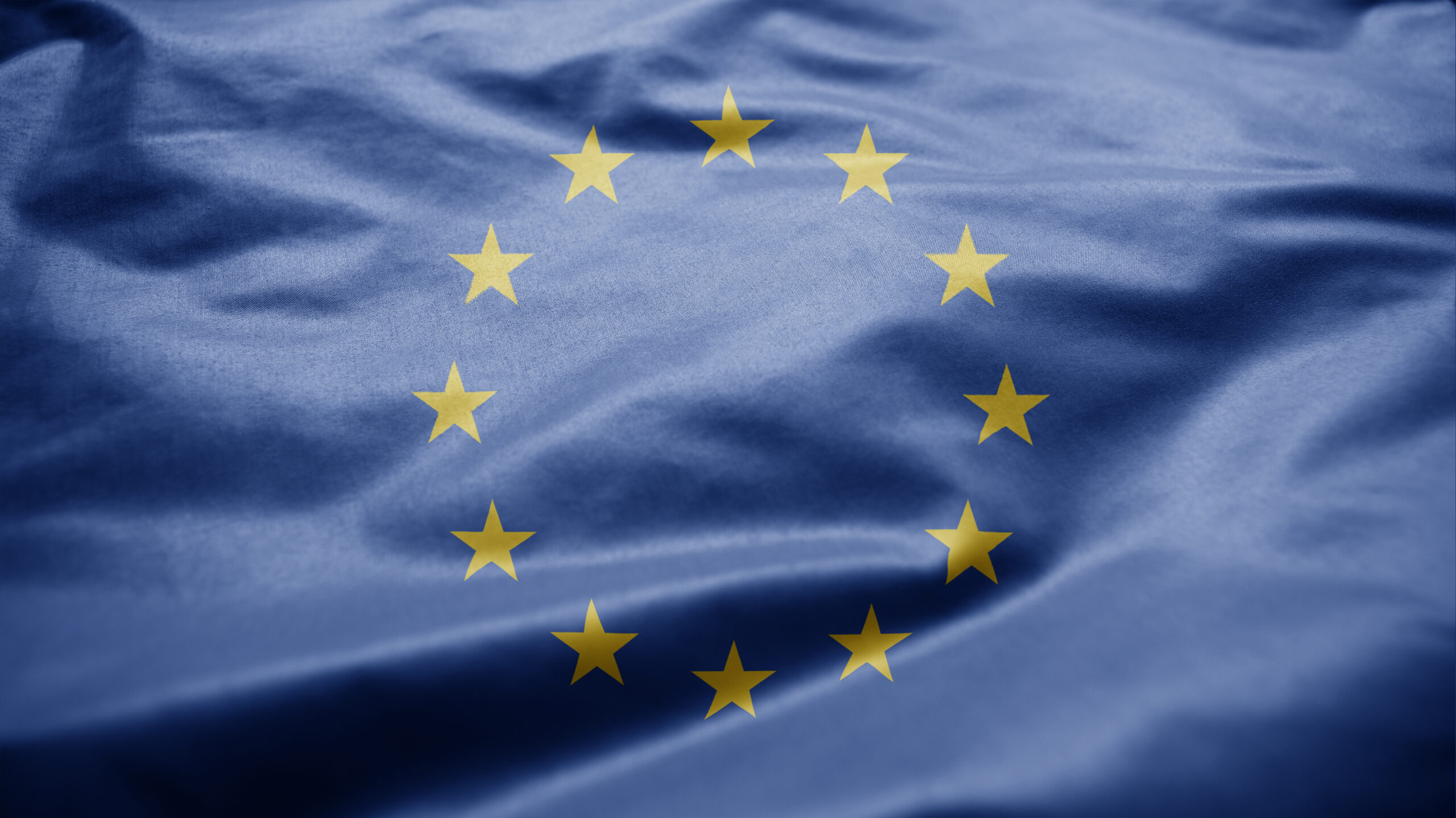Showing results for the2024 221the promo code india today bulgaria the2024 221the

New Report on Limits of “Consent” in New Zealand’s Data Protection Law
[…] the Act. The Act also empowers the Commissioner to, firstly, investigate complaints regarding entities’ privacy practices, resolve disputes, and issue binding compliance notices, and secondly, issue binding codes of practice in relation to specific sectors or classes of personal information. In 2012, New Zealand also became one of the few jurisdictions in APAC that […]

Report Analyzes the Role of Data Protection in Safeguarding Sexual Orientation and Gender Identity Information
[…] has empowered LGBTQ+ individuals to find community and access services, the increasing availability and use of connected devices have also created new privacy risks for LGBTQ+ communities. Today, the Future of Privacy Forum (FPF), a global non-profit focused on data privacy and protection, and experts from LGBT Tech — a national, nonpartisan group of […]

New Report on Limits of “Consent” in Hong Kong’s Data Protection Law
[…] an independent data protection authority which serves advisory and enforcement functions with regard to the PDPO. In its advisory role, the PCPD is tasked with, among others, promoting public awareness and understanding of the PDPO. To that end, the PCPD has issued a number of guidelines on application of the PDPO’s requirements to specific […]

FPF Releases Policy Brief Comparing Federal Child Privacy Bills
[…] two bills. As children’s privacy continues to be a top priority and area of interest among lawmakers, companies, and the public, the Future of Privacy Forum (FPF) today released a new policy brief that compares the child-centric privacy bills that have been introduced in the 117th Congress. The resource compares four proposed bills against […]

New Report on Limits of “Consent” in South Korea’s Data Protection Law
Today, the Future of Privacy Forum (FPF) and Asian Business Law Institute (ABLI) – as part of their ongoing joint research project: “From Consent-Centric Data Protection Frameworks to Responsible Data Practices and Privacy Accountability in Asia Pacific” – are publishing a second report in their series of detailed jurisdiction reports on the status […]

FPF at CPDP 2022: Panels and Side Events
[…] FPF’s Gabriela Zanfir-Fortuna. She started early in a speaking role on a panel about ‘Data Protection Regulation Post-COVID: the Current Landscape of Discussions in Europe, the US, India and Brazil’, organized by Data Privacy Brasil (DPB) and moderated by DPB’s Bruno Bioni. The session, during which Gabriela offered the US perspective on the matter, […]

New Report on Limits of “Consent” in China’s Data Protection Law – First in a Series for Joint Project with Asian Business Law Institute
[…] Republic of China. Over the coming weeks, FPF and ABLI will continue publishing these reports, which will inform a forthcoming comparative review paper with detailed recommendations to promote legal convergence around requirements for processing personal data in the Asia Pacific region. Background on the ABLI/FPF Project In August 2021, ABLI and FPF concluded a […]

When is a Biometric No Longer a Biometric?
[…] No. 16 C 10984 (N.D. Ill. Sep. 15, 2017); In re Facebook Biometric Info. Privacy Litig., 185 F. Supp. 3d 1155 (N.D. Cal. 2016). Washington Wash. Rev. Code Ann. §19.375.020 “Biometric identifier” means data generated by automatic measurements of an individual’s biological characteristics, such as a fingerprint, voiceprint, eye retinas, irises, or other unique […]

FPF Report: Automated Decision-Making Under the GDPR – A Comprehensive Case-Law Analysis
[…] our upcoming virtual training session on November 9, where FPF experts will cover the critical elements of Article 22, recent DPA decisions, consent requirements, and more. Register today! Our analysis shows that the GDPR as a whole is relevant for ADM cases and has been effectively applied to protect the rights of individuals in […]

Diverging fining policies of European DPAs: is there room for coherent enforcement of the GDPR?
[…] regulator may reduce the fine. Additionally, the ICO is bound by national law to assess the fine’s broader economic impact, as it must consider the desirability of promoting economic growth. Thus, before issuing a fine and when deciding on its amount, it will consider its economic impact on the wider sector where the infringer […]
